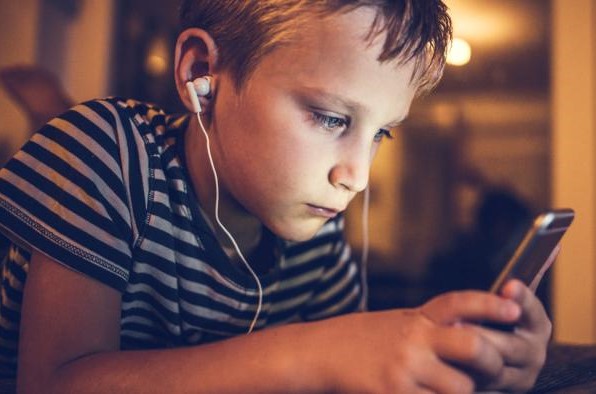Poland’s government has approved measures that would require internet providers to offer free and easy-to-use tools for blocking pornographic content. The aim is to protect children from inappropriate material, after a report found that almost a quarter of school-age teens in Poland say they regularly view online porn.
Under the proposed law – which must now be considered by parliament and the government hopes can come into force in September this year – internet providers will be obliged to inform customers of the availability of such a filter.
“What this tool will look like and what technical solutions will be used will be decided by the providers themselves,” says Janusz Cieszyński, the digital affairs minister.
“However, we require that the use of the service is simple, can be activated at any time during the contract, and requires minimal activity on the part of the user,” he added.
❗️Rada Ministrów przyjęła dziś kierunkowo projekt ustawy, dzięki której każdy rodzic będzie mógł bezpłatnie uruchomić usługę ograniczającą dzieciom dostęp do treści pornograficznych w sieci!
➡️Przypominamy, że włączenie usługi jest dobrowolne! @jciesz https://t.co/qoyZrGwz8p— CYFRYZACJA KPRM (@CyfryzacjaKPRM) April 25, 2023
Cieszyński also reassured the public that content will not be restricted unless the user specifically requests to avail of the service offered by the provider and that the law does not seek to introduce a blanket ban on pornographic content but rather give internet users the option to have such content blocked.
Internet providers will also be required to submit an annual report on the measures they have taken to introduce a filter and promote its use. The government says this will help them assess whether the system is working.
Any mobile networks or internet providers that fail to guarantee such a service free of charge to users could face penalties, notes government spokesman Piotr Müller.
Prime Minister @MorawieckiM has promised tougher measures to protect children from online porn, saying he will discuss the issue with the Family Council, a new state body established to promote "traditional pro-family culture" https://t.co/0y6NokD9IV
— Notes from Poland 🇵🇱 (@notesfrompoland) December 12, 2019
Cieszynski described increasingly easy access to pornography and other inappropriate content online as “a real problem for young people” with dangerous consequences. “It is our duty to support parents in solving this problem, and therefore to make available an effective and simple tool.”
To emphasise the importance of such measures, the government pointed to findings published in a report on children’s access to pornography in Poland last by the Research and Academic Computer Network (NASK), a state research institute.
In a survey of almost 5,000 pupils from grades six and eight of primary schools (aged between 11 and 14) and grade two of high schools (aged 15-16), NASK found that 24% of the children viewed online porn “regularly”. Among the youngest respondents, the figure was 21.5%.
The report also found that the parents of the majority of respondents, almost 60%, do not control whether their children view pornographic content on the Internet.
Jak chronić dzieci przed pornografią w sieci?
– Rodzice nie zdają sobie sprawy, jak wcześnie ich dzieci sięgają po takie treści – dr Agnieszka Ładna z NASK w programie Tak Jest, @TVN24.
Zobacz Raport „Nastolatki wobec pornografii cyfrowej”:
👉 https://t.co/Dwbmn4LMbc pic.twitter.com/93A0V4YBuy— NASK (@NASK_pl) November 7, 2022

Anna Hackett is an assistant editor at Notes from Poland. She is a recent graduate of European Studies from Trinity College Dublin and has had previous journalistic experience with the Irish Independent News & Media group.




















